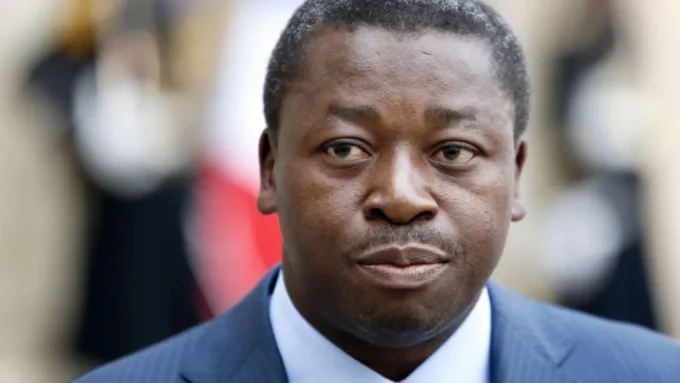In response to devastating floods that have impacted over 200,000 residents, the Senegalese government has launched an emergency relief operation that includes deploying the military to provide medical support and set up temporary field camps for affected families. The flooding, caused by torrential rains and the overflow of the Senegal and Falémé Rivers, has engulfed over 20 settlements near the border with Mauritania, leaving thousands stranded and in urgent need of aid.
Senegalese President Bassirou Diomaye Faye visited the flood-ravaged areas to personally assess the damage and assure citizens that relief and recovery measures are underway. Speaking from one of the affected regions, he expressed his government’s commitment to addressing the disaster’s impact, stating, “I have instructed the Prime Minister, the government, and the relevant ministries to draw up a plan to eliminate the consequences of the natural disaster. Army units are setting up military hospitals to provide medical care to the population.” His words echoed a message of solidarity, pledging continued support to families grappling with the loss of homes, possessions, and livelihoods.
A Coordinated National Response
In the wake of the flooding, Senegal’s army has mobilized to support national and local disaster relief teams, focusing on providing medical care, temporary shelter, and critical resources for displaced communities. Army field hospitals have been set up to treat injuries and address the spread of waterborne illnesses, which pose a major risk in flooded environments. Military camps will also serve as temporary accommodations for families who have been displaced and offer sanitation and food distribution points to those in immediate need.
The Senegalese government has announced that it will allocate 8 billion West African francs, approximately $13 million, to finance the initial flood relief operations. This budget will cover essential activities, including restoring damaged infrastructure, reinforcing flood-prevention structures, and delivering supplies to affected areas. In addition, the government is working closely with humanitarian organizations and local authorities to coordinate efforts and ensure that relief reaches even the most remote areas quickly.
President Faye’s administration aims not only to respond to the immediate needs of flood victims but also to focus on building resilience against future flooding. A portion of the funds will be dedicated to strengthening flood defenses, such as reinforcing embankments and upgrading drainage systems, which are critical to protecting vulnerable communities during the annual rainy season.
Severe Flooding Reflects Growing Climate Vulnerabilities
The recent flooding underscores the pressing issue of climate resilience across West Africa, a region that faces increasingly severe weather events due to climate change. Like many West African nations, Senegal’s geographical location and low-lying terrain make it particularly susceptible to seasonal flooding. The heavy rains that triggered the overflow of the Senegal and Falémé Rivers are part of a larger pattern of unpredictable and intense rainfall in the region, which scientists link to global warming.
The government’s swift response highlights the growing need for long-term planning to address Senegal’s climate vulnerabilities. President Faye, recognizing the implications of climate change, reiterated his government’s commitment to proactive climate adaptation strategies. “This natural disaster serves as a stark reminder of the challenges posed by climate change and the need for sustainable solutions,” he said, emphasizing that disaster preparedness must become a priority not only for Senegal but for the entire West African region.
Building Resilience for the Future
With the allocated emergency funds, the Senegalese government will prioritize rebuilding critical infrastructure, such as roads, bridges, and water treatment facilities, that have been damaged by the floods. The investment also includes preventative infrastructure to mitigate future floods and a renewed focus on urban planning in flood-prone areas. In areas where rivers are prone to overflowing, local authorities will work with engineers and environmental experts to develop solutions that can better manage rainfall runoff, safeguard water quality, and reduce the potential for catastrophic flooding.
The relief efforts are expected to continue over the coming months, with immediate support from the army being complemented by longer-term projects aimed at rebuilding and fortifying flood-affected communities. President Faye emphasized the government’s commitment to transparent management of the relief funds, working with local leaders to ensure that all affected residents receive the assistance they need. He also urged international partners to support Senegal in its climate adaptation efforts, as the country seeks to mitigate future risks posed by extreme weather events.














Leave a comment